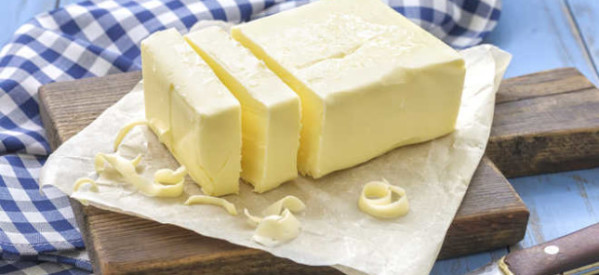
Fat or fiction? Dispelling myths
Still managing to come to hands with the mention that fat is good for you? It’s time to differentiate between good and the bad and then take the best pick.
Naturopathic nutritionist Amy Morris has gathered some of the most common myths about fat and lets you know once and for all why it plays such an essential role in our diets and how to distinguish the good and the bad, says femalefirst.co.uk.
Fact being healthy fats are required for the body to function optimally
Fat should form an essential part of a balanced and healthy diet. Good fats are required by the body as they help us to absorb specific nutrients like vitamins and minerals, regulate hormone management and help the growth and repair of tissue and cells. The body does not make necessary fatty acids by itself, so it’s really important to eat ‘good’ fats found in flax seeds and wal nuts, or to make sure you are having alternatives to them into your diet to ensure a healthy balance.
Myth is that the body responds in the same way to all types of fats
Not all dietary fats have the same effect on the body and health, and a great instance of this is coconut oil. Coconut oil is a type of saturated fat, which is changed into pure form of energy by the body rather than being stored as fat. In addition to providing energy, oil of coconut won’t cause a spike to your blood sugar grounds, making it an optimal fat for diabetics to consume in small amounts.
Fact is that avoid trans-fats as they are bad fats
‘Trans-fats’ are the type of fats to avoid at all costs as research has shown these are the only type of fat to cause weight gain. While some meat and dairy products contain a small amount of naturally occurring trans-fats, the largest source of trans-fats in a person’s diet today is found in baked goods, margarine, snacks and fried food.

Leave a Comment